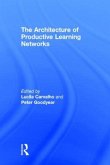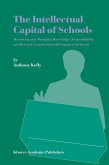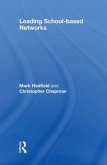"Educational institutions are familiar battle sites in the culture wars, perhaps none more than colleges and universities. Indeed, higher education is intended to grow and stretch young minds-but not everyone is thrilled to see the changes that ensue. While 58% of Republicans had a favorable view of higher education at the beginning of the 2010s, a decade later that number has dropped to a shocking 33%. Watching the news, we might be tempted to think that this stems from new ideas college students are supposedly picking up from their leftist professors. In this new book, philosopher Anthony Simon Laden argues that we're missing the bigger picture. Laden suggests, instead, that parents' underlying concern is about whom and what students trust. For students who come from conservative backgrounds, this often means turning to trusted sources that might be anathema to the sources their communities trust. The same can be said for students from marginalized backgrounds. Not only do the new trust networks they cultivate at school involve ways of knowing that might be unfamiliar to their home communities; these new trust networks also engender new and unfamiliar social networks. But while these changes threaten to pull students away from their home cultures, they are an inherent and positive feature of the educational process. Laden argues that we can understand the aim of education as improving students' capacities as knowers by improving the trust networks on which they rely. Of course, not all trust networks are equally trustworthy, equally good at generating knowledge about the world or helping people navigate through it. But good education improves students' capacities as knowers precisely by helping them abandon less trustworthy networks and inhabit sounder ones. The effects that both sets of critics worry about turn out not to be the result of isolated bits of educational malpractice or the capture of certain institutions by nefarious or partisan actors. They are built into the very aims of education"--







